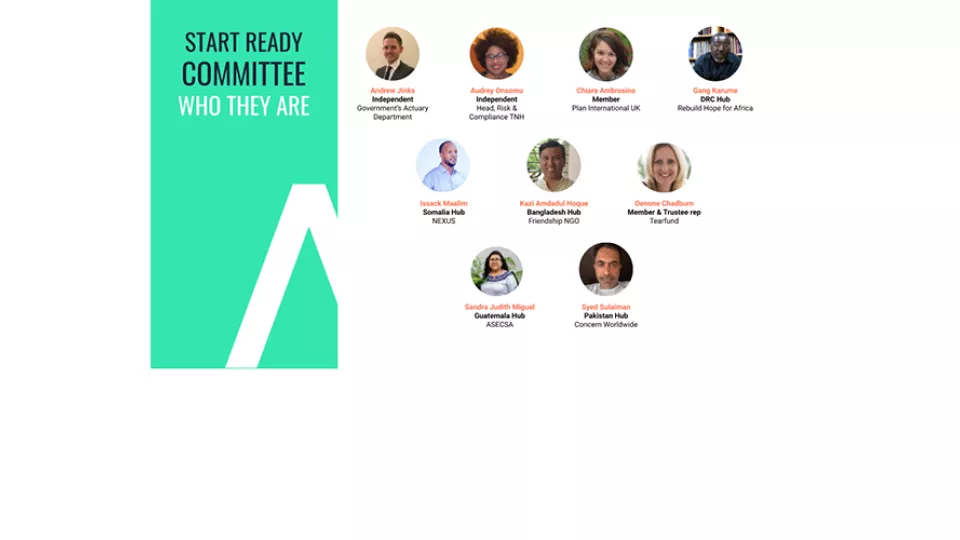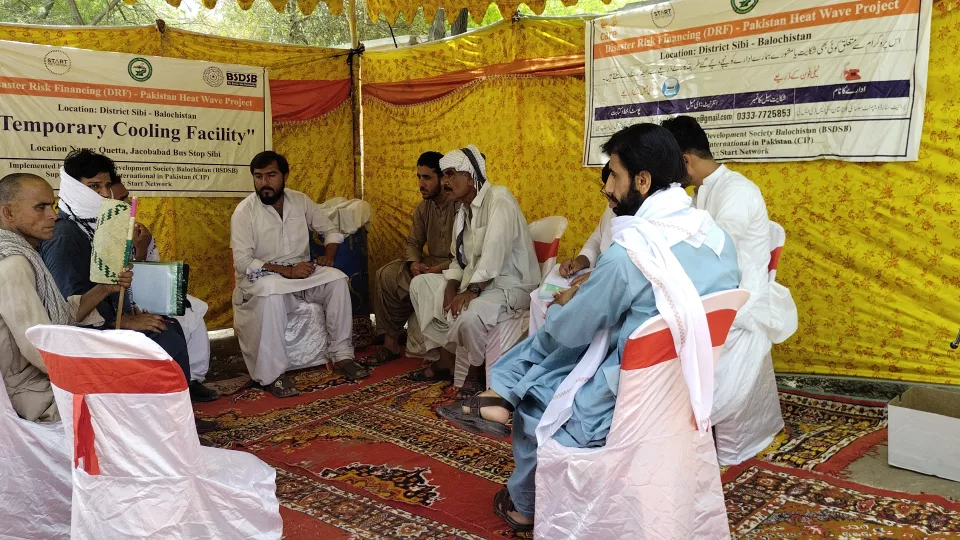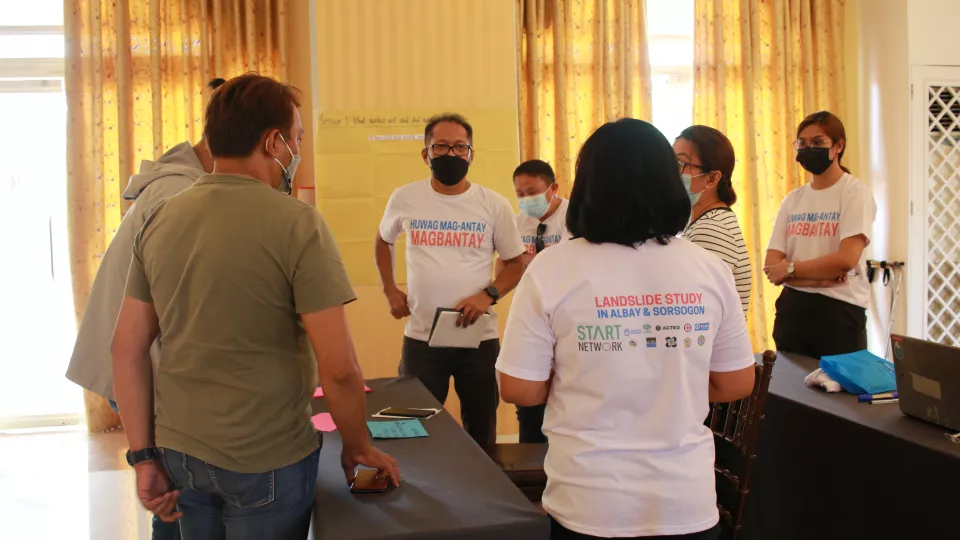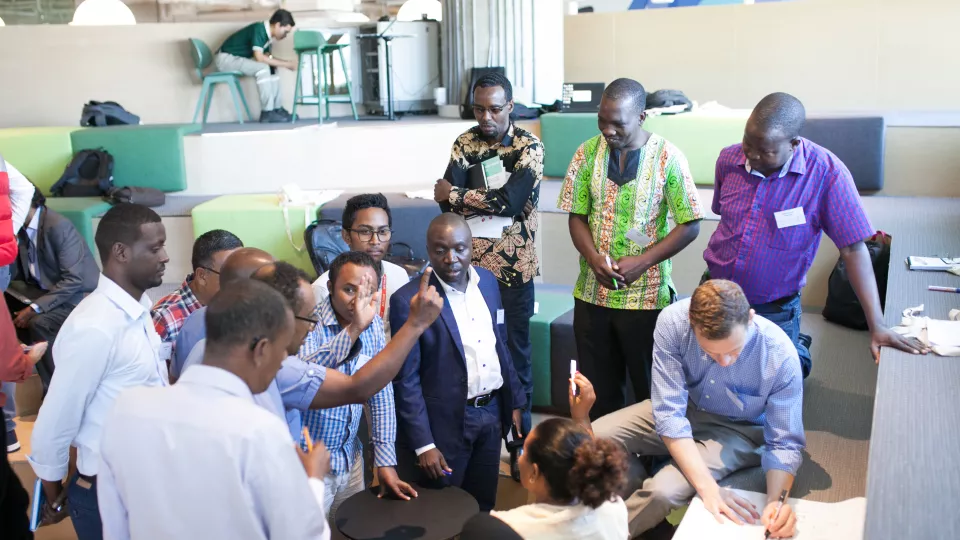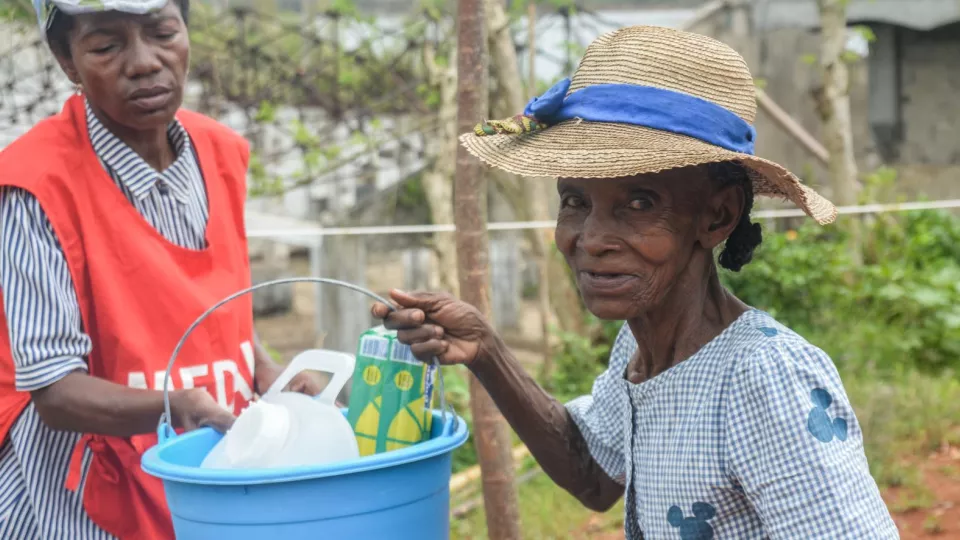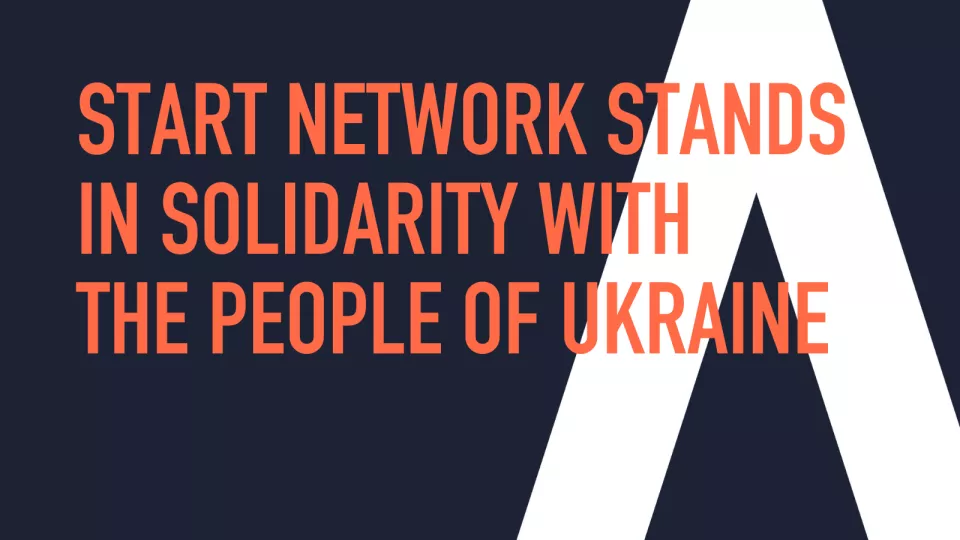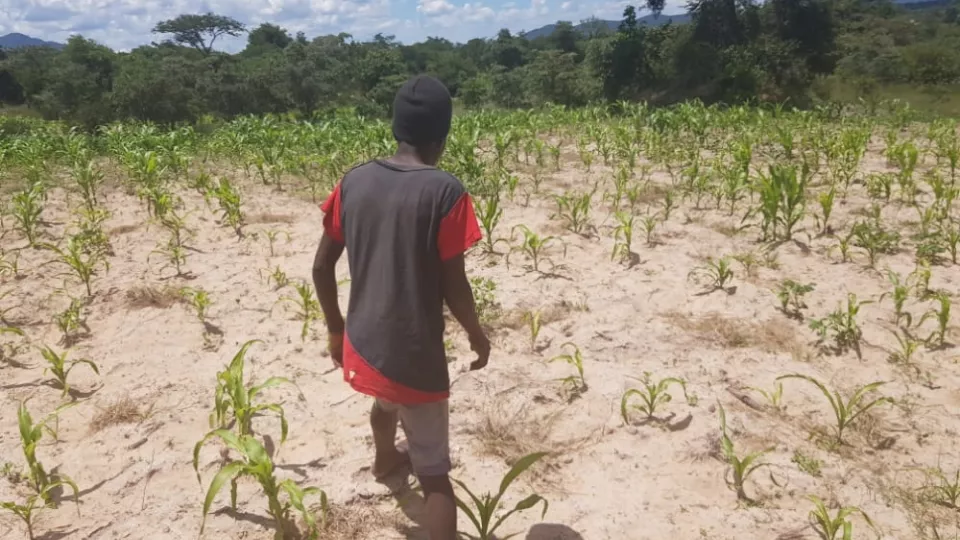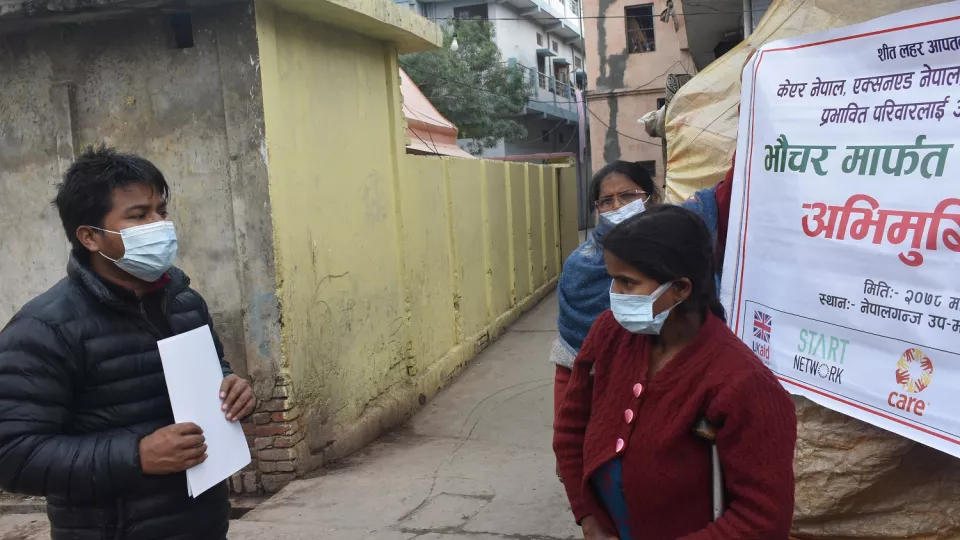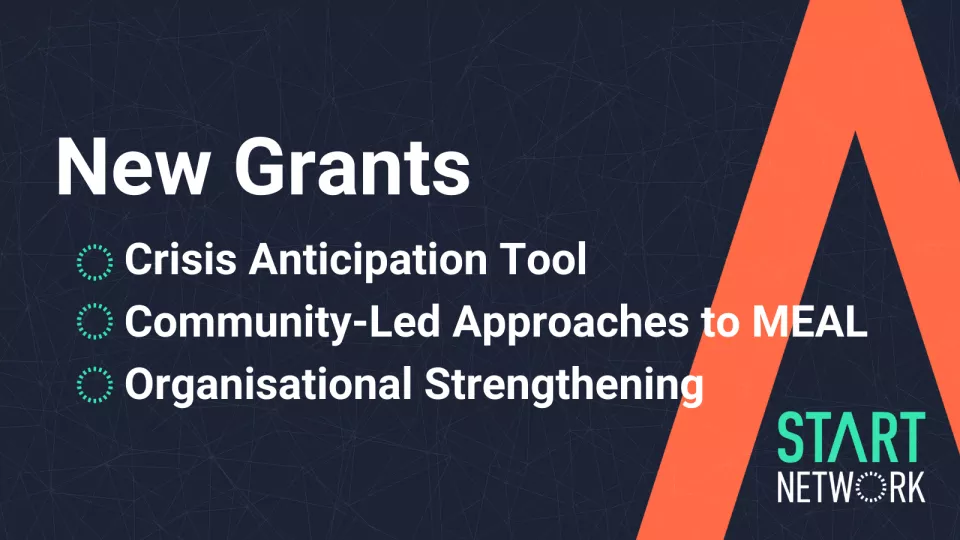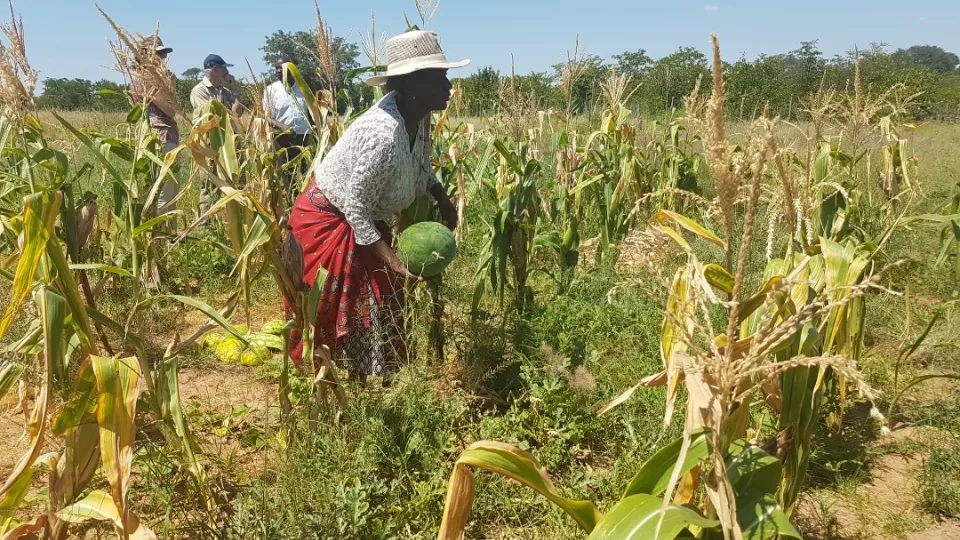Start Network will be lending its voice at the Humanitarian Networks and Partnerships Weeks (HNPW) in May 2022 to push forward our commitment towards locally led and anticipatory action.
News and blogs
Start Ready is announcing the appointment of its first Governance Committee. The Start Ready Committee has been selected by a panel consisting of a Governance Design Group.
In June 2021, Bright Star Development Society Balochistan (BSDSB), were funded to assist in mitigating an anticipated heatwave in Sibi (Pakistan). Bright Star provided behavioural messaging in addition to ‘cooling facilities’ that provided cold water…
The humanitarian sector aims to be locally led and therefore, it is important that the humanitarian sector listens to organisations acting at the local scale, so we can learn from their experiences and adapt to meet their needs. Over recent years,…
Start Network has launched Intro to Disaster Risk Financing, a new online course for our members and their local partners. This course will build your understanding of Start Ready's proactive Disaster Risk Financing (DRF) approach.
The geopolitical scope of the Ukraine crisis means it will most likely have far-reaching consequences beyond the country’s borders. Start Network's approach to the Ukraine crisis is based on learning from other larger-scale crises that the Start Fund…
As a global network of civil society organisations, Start Network stands in solidarity with the people of Ukraine. We will deploy our resources, reach, and collective voice to assist and protect Ukrainian people and communities.
Local and national NGOs in coastal Bangladesh have come together to form the Sundarban Coalition.
"Early intervention through insurance drastically increases the number of people who can be helped" - Nelly Maonde, Start Network Country Disaster Risk Finance Coordinator - Zimbabwe
Geospatial data, data visualisation and information management are critical to anticipatory action. As a trusted leader in these fields MapAction has been selected to partner with the Start Network to assist with our programmes of anticipatory and…
Start Network has launched three new grants that will enable members to access funds in order to accelerate locally led anticipatory action and community-led approaches to monitoring, evaluation, accountability and learning.
Start Network has today announced the purchase of an innovative insurance policy in partnership with African Risk Capacity (ARC) and the Government of Zimbabwe. The policy is to protect more than 800,000 people in Zimbabwe from drought risk during…


